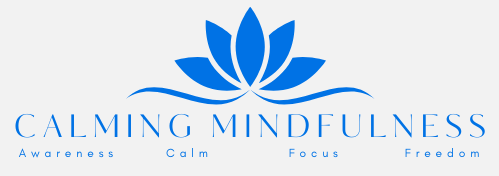Meditation and ADHD: Harnessing Mindfulness for Enhanced Focus
Meditation and mindfulness are increasingly gaining attention for their potential benefits in managing Attention-Deficit/Hyperactivity Disorder (ADHD), a condition characterized by symptoms such as inattention, hyperactivity, and impulsivity. Traditional treatment for ADHD has primarily focused on medication and behavioral therapies. However, meditation and mindfulness offer complementary approaches that aim to cultivate a sense of present-moment awareness and stillness, which may be particularly beneficial for individuals with ADHD who often experience a rapid flow of thoughts and heightened distractibility.










